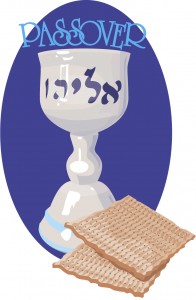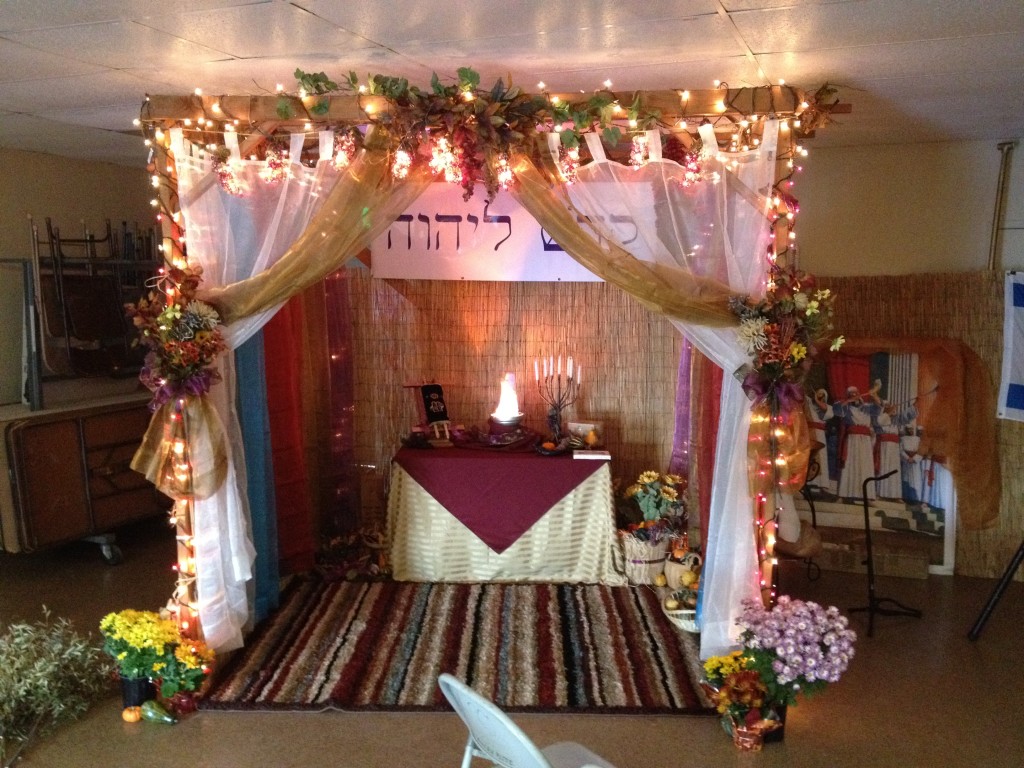Passover is coming soon. Now is the time to prepare to meet Yeshua at Passover. Here are some points to consider that will help get you ready for Passover.
- As the children of Israel applied the lamb’s blood to the door posts and lintels of their house, so we must apply the sin-cleansing and Satan-defeating blood of Yeshua afresh to our lives (i.e., to your thoughts as represented by the door lintel and actions and to our hands as represented by the door posts).
- In ancient Israel, YHVH judged all those who weren’t under the blood of the lamb. Unrepented sin has a death claim on us all. To the degree that one has sin in their life is the degree that the spirit of death as a hold on one’s life. Now is the time to repent of sin by confessing it and seeking Elohim’s forgiveness under the blood of Yeshua.
- Pass on to the next generation by telling your children the Passover story. Explain how the Israelites were enslaved in Egypt (the world) to Pharaoh (Satan), and how YHVH delivered them from the judgment of the destroyer (YHVH’s judgment against sin) because they put the blood of the lamb on their doorposts (a picture of Yeshua’s sin-atoning death on the cross).
- Prepare your heart and mind to obey YHVH by keeping his appointed times of Passover and Unleavened Bread. Are we going to obey his commands pertaining to these observances? How much do we love him (John 14:15)? How much do we want to know him (1 John 2:6–7)? Celebrating these feasts help us to love and to know him better. Continue reading




